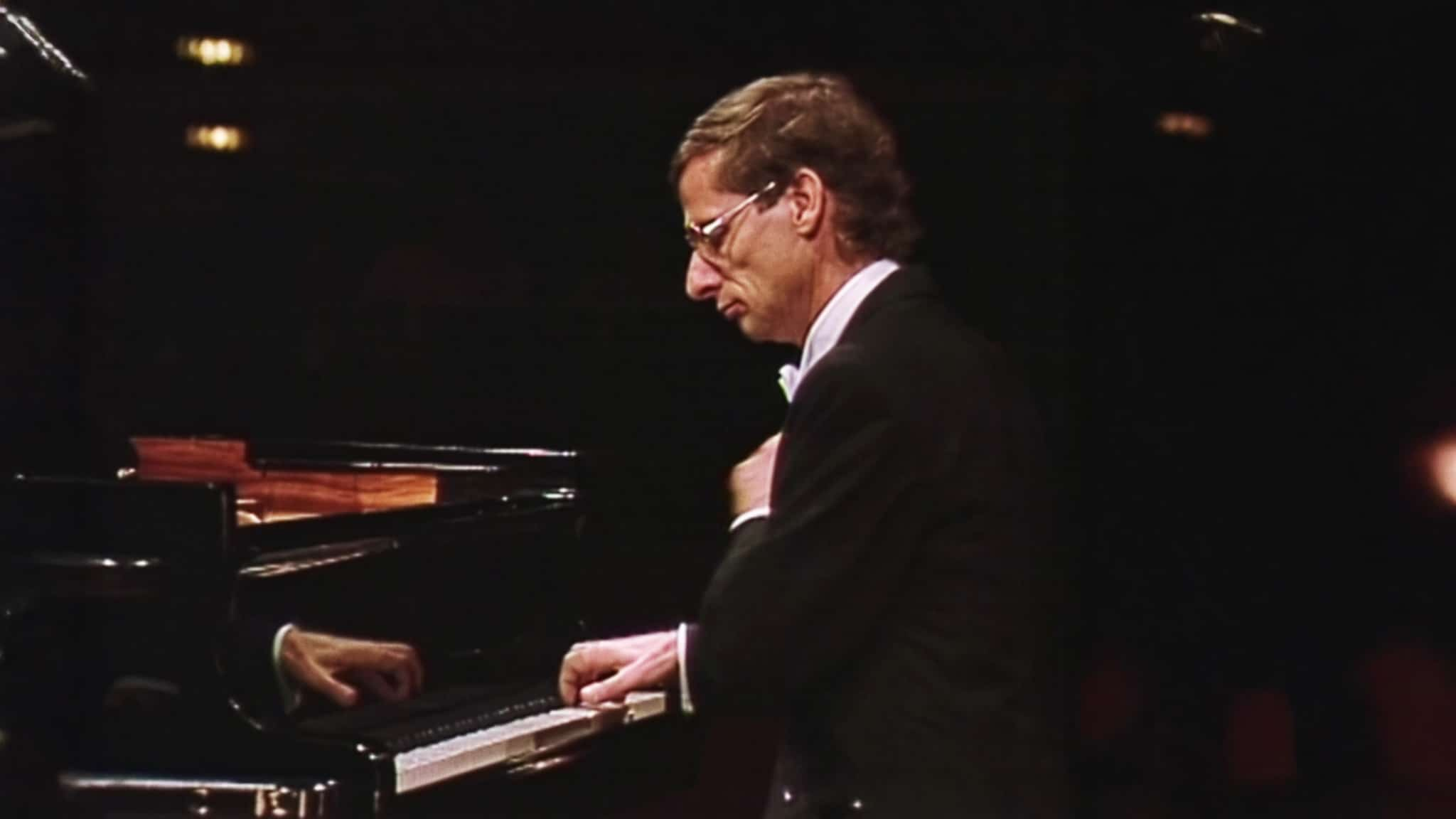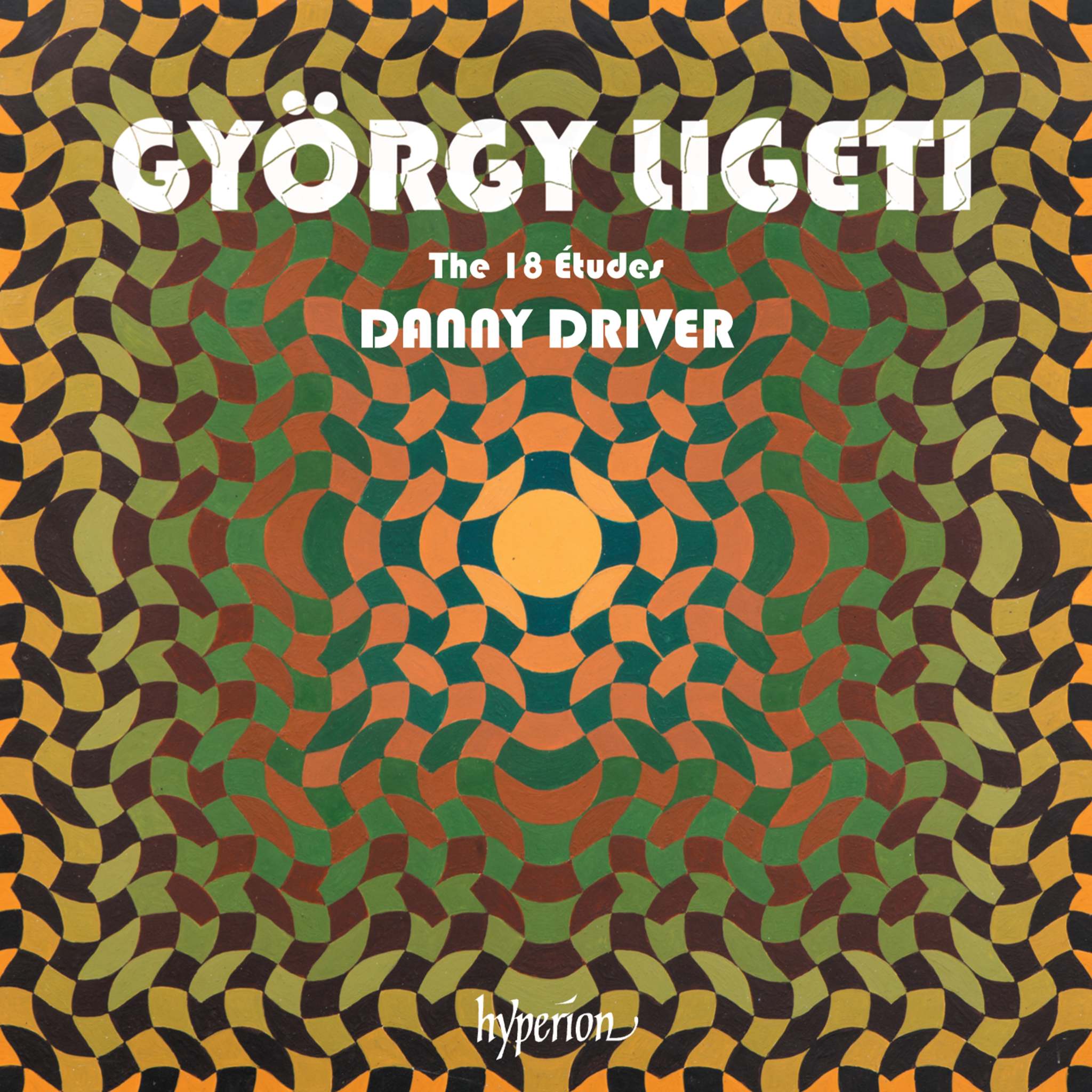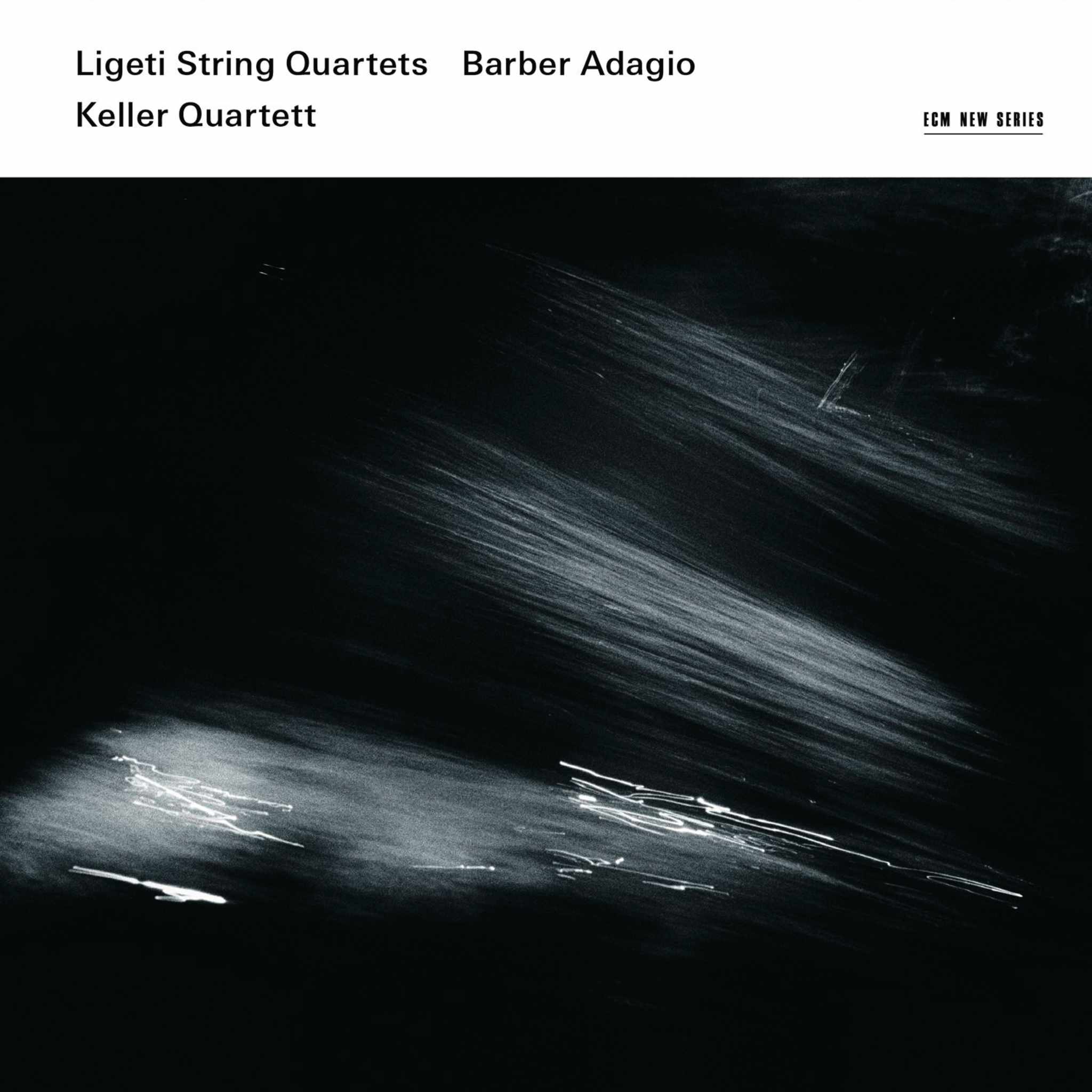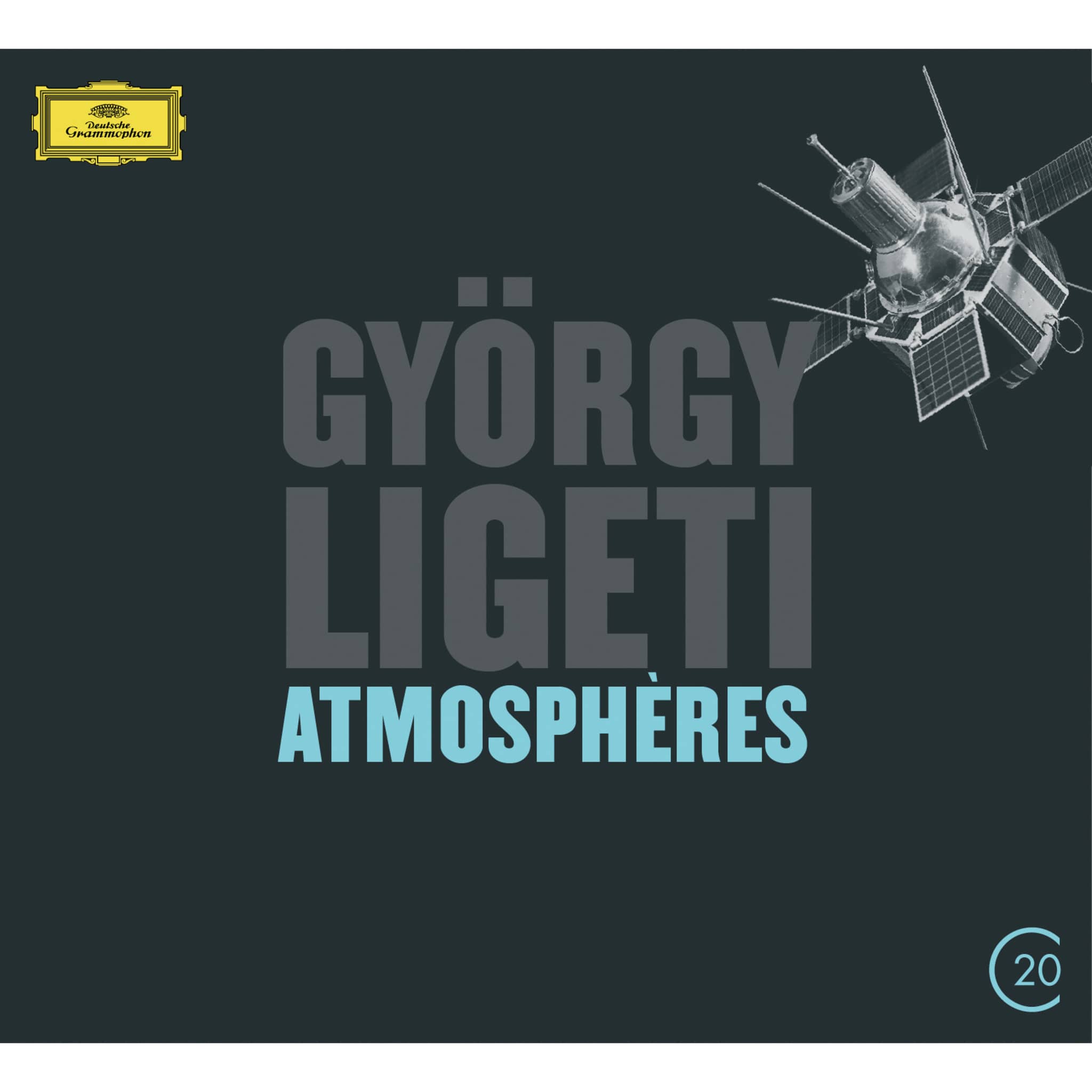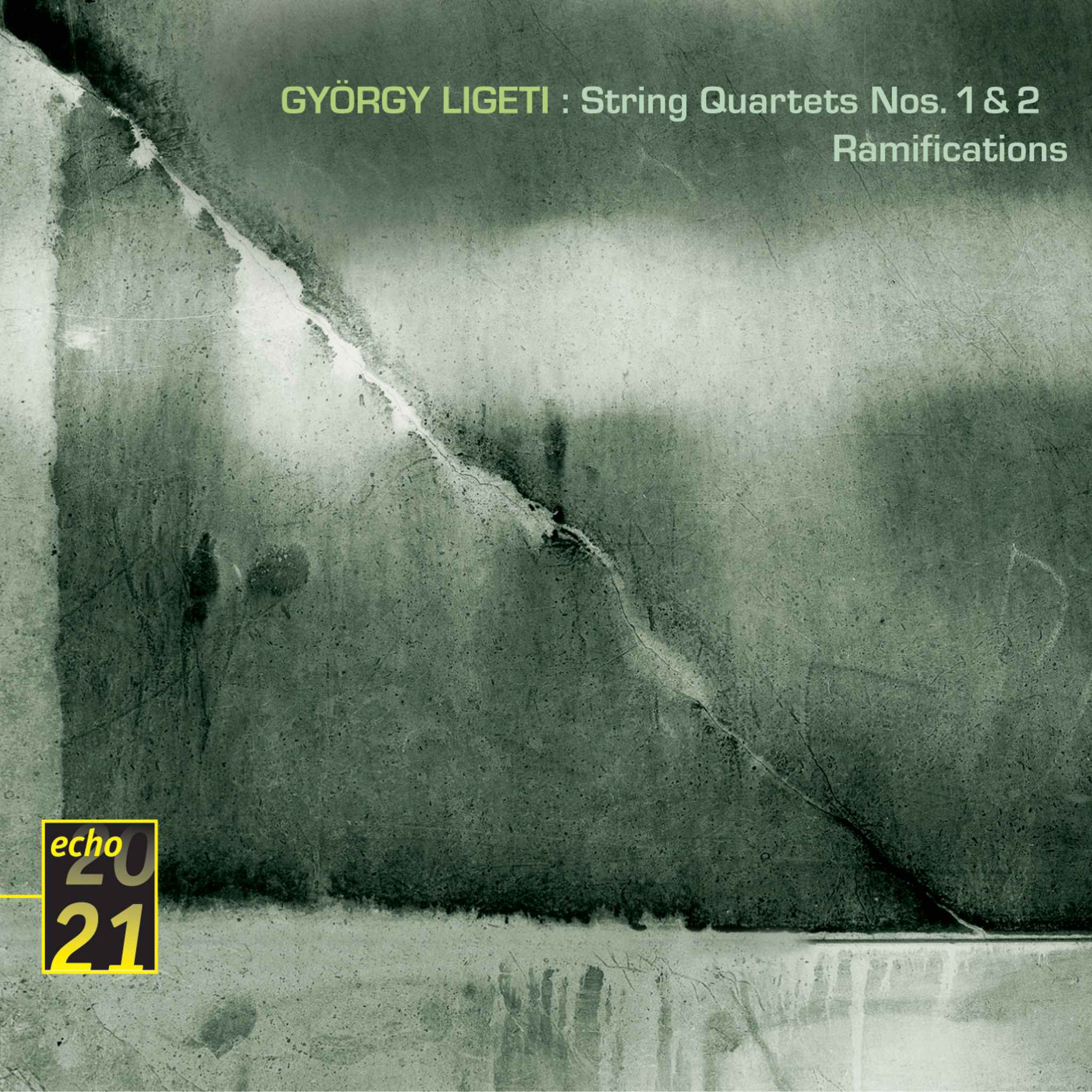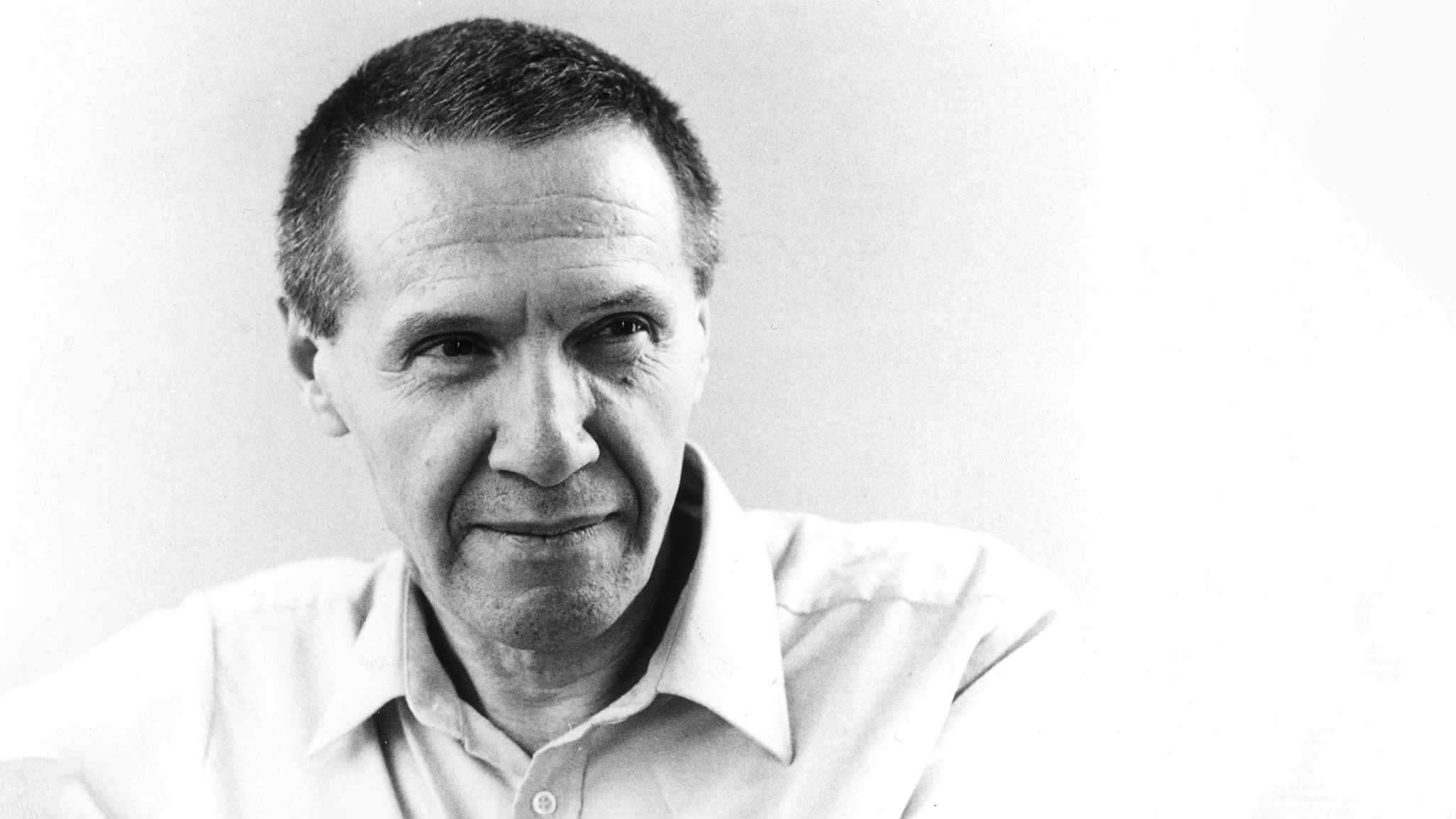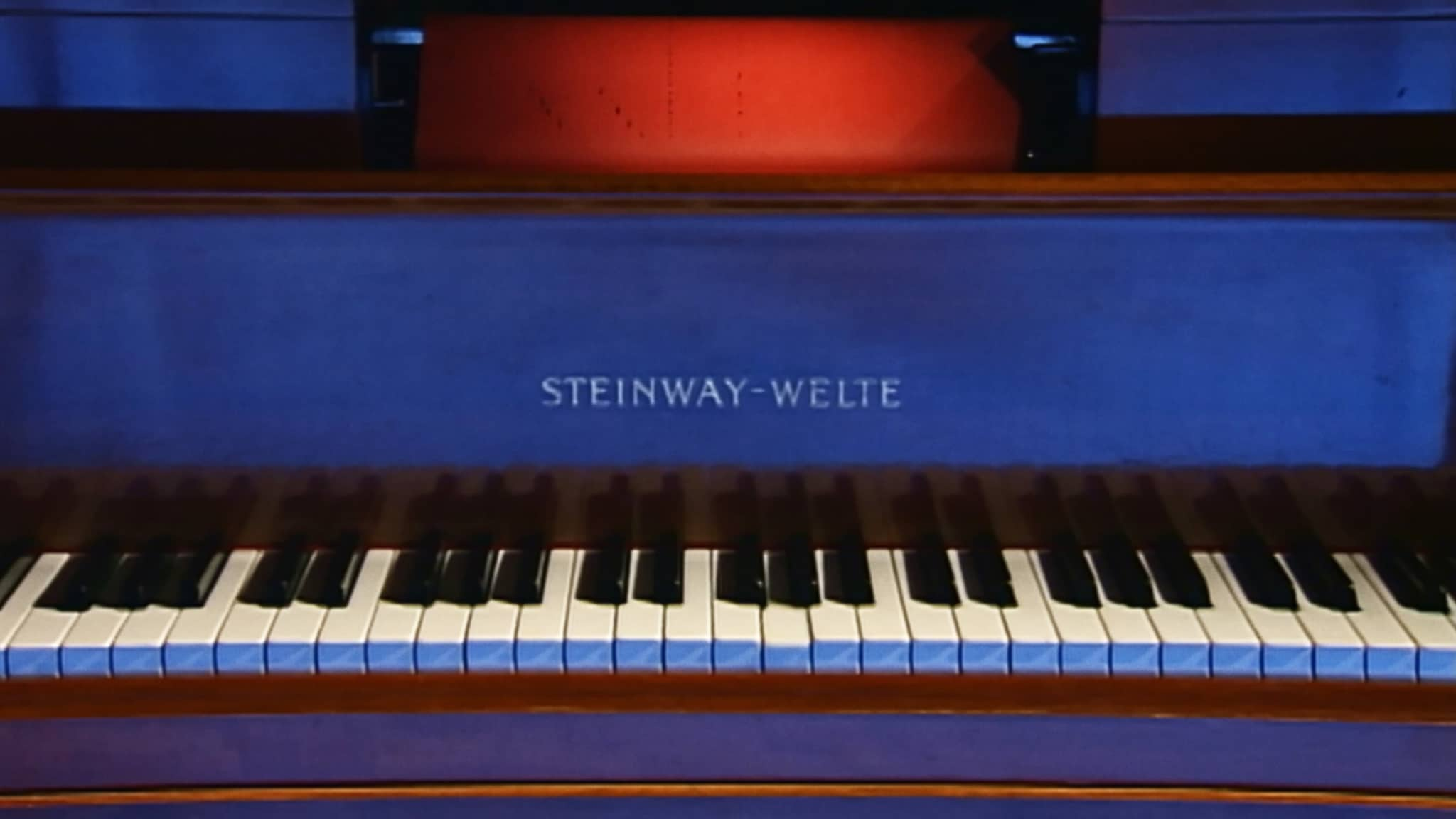György Ligeti: The Life and Works of an Avant-Garde Composer
György Ligeti was a significant Hungarian-Austrian avant-garde composer, born on May 28, 1923, in the Transylvanian town of Diciosânmartin (now Tîrnăveni), Romania. His early life was marked by tragedy during the Nazi regime, which led to Ligeti himself being subjected to forced labor. His mother was the only family member who survived Auschwitz.
Ligeti studied composition with Ferenc Farkas and Sándor Veress at the Franz Liszt Academy of Music in Budapest from 1945 to 1949, later teaching there from 1950 to 1956. During this period, he engaged in field research into Romanian folk music, which informed some of his earlier compositions and folksong arrangements published in Hungary.
Ligeti's Journey to Austria and His Musical Evolution
In 1956, amid the Hungarian Revolution, Ligeti fled Hungary for political and artistic reasons and moved to Vienna, where he became a citizen in 1968. In Vienna, he connected with avant-garde figures such as Herbert Eimert, who invited him to Cologne's Studio for Electronic Music. Although he experimented with electronic music, Ligeti eventually distanced himself from both pure electronic music and the serialism favored by many contemporaries. Instead, he developed a distinctive compositional voice focused on texture, timbre, duration, density, and pitch clusters rather than traditional melody and harmony, notably employing micropolyphony—a technique exemplified in works like Atmosphères (1961).
Notable Works and Ligeti's Innovative Style
Some of Ligeti's most renowned compositions include Apparitions and Atmosphères for large orchestra, which showcase his signature dense, shifting sound masses, Lontano for orchestra and Ramifications for strings, a series of concertos for cello and instrumental ensembles, vocal-instrumental works like Aventures and Nouvelles aventures, which depict "fantastical vicissitudes of imaginary characters on an imaginary stage," and the opera Le Grand Macabre, notable for its blend of the absurd and the fantastical.

